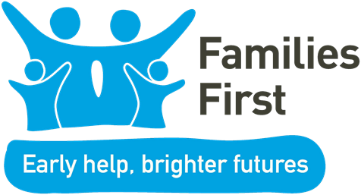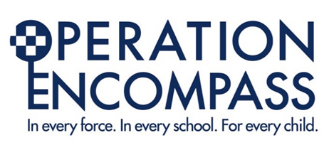Safeguarding
At St. George’s, we are committed to safeguarding to ensure that all of our students are safe and are well cared for. Safeguarding includes our commitment to safe recruitment of staff, security around the building, child protection, anti-bullying, online safety, equality, PREVENT Duty and many other areas. We make sure all policies under the safeguarding umbrella are reviewed regularly. The school’s child protection procedures are in accordance with the Hertfordshire Child Protection Policy and can be found in the ‘Statutory Information’ section.
Our designated safeguarding lead is Mrs Kirsten Robertson, Assistant Headteacher. Please contact her in the first instance if you have any immediate concerns about the safety or well-being of students in the school: safeguarding@stgeorges.herts.sch.uk.
If you have concerns about a child who does not attend St. George’s and would prefer to personally speak to Children's Services, please call 0300 1234 043 or the police on 101.
We have an experienced safeguarding team who work together to oversee safeguarding concerns via CPOMS (Child Protection Online Management System) as well as working collaboratively to train and advise staff on safeguarding issues and how to recognise, respond and report concerns about children’s safety and well-being. We work closely with external agencies, such as Childrens Services, the police and the NHS to ensure that the best outcomes are secured for children who need additional support.
Online Safety and Filtering
We recognise the importance of safeguarding children from potentially harmful and inappropriate online material, and we understand that technology is a significant component in many safeguarding and wellbeing issues.
To address this, our school aims to:
- Have robust processes (including filtering and monitoring systems) in place to ensure the online safety of pupils, staff, volunteers and governors
- Protect and educate the whole school community in its safe and responsible use of technology, including mobile and smart technology
- Set clear guidelines for the use of mobile phones for the whole school community
- Establish clear mechanisms to identify, intervene in and escalate any incidents or concerns, where appropriate.
Online Safety and Child Sexual Exploitation
 |
Families can visit www.thinkuknow.co.uk/parents to access advice and support on how to keep children safe from sexual abuse, both online and off. Articles provide guidance on topics as diverse as: challenging harmful sexual attitudes and promoting positive behaviours; helping a child with autism negotiate life online; supporting a child who has been sexually abused; and dealing with a range of online issues such as sending nude selfies and viewing pornography. Users will find films, downloadable guides and useful links to support organisations. Please share your concerns with school so that we can support you and your child. You can also talk to a professional at the NSPCC. Families can also use the website to access the CEOP Safety Centre where they can report abuse and exploitation direct to CEOP. |
Operation Encompass
|
|
Our school is part of Operation Encompass, a national scheme that operates jointly between schools and police forces. Operation Encompass is the reporting to schools, prior to the start of the next school day, when a child or young person has experienced domestic abuse. As a school we have ensured that a member of our staff, (Kirsten Robertson – the Designated Safeguarding Lead), has been trained in the Operation Encompass procedures, allowing us to then use the information that has been shared, in confidence, to support the children in our care. The Domestic Abuse Act 2021 identifies children who experience domestic abuse as victims of domestic abuse in their own right. We are keen to offer the best support possible to all our pupils and are trained to do this. |
PREVENT Duty
|
|
PREVENT is the early intervention support system for schools which addresses the personal and social factors which make young people more receptive to extremism, radicalisation and aims to divert people away from being drawn into violent ideologies and criminal behaviour. We address this safeguarding issue through:
If you are worried that your young person may be becoming radicalised, then do get in contact with Mrs Robertson for support and advice. Alternatively, you can phone the NSPCC anonymous helpline on: 0808 800 5000 or go onto their website for help. |
Families First
 |
Families First is the term used in Hertfordshire for services that work together to support families who need extra help. These are also known as early help services. Families First can help you find early help and information to prevent issues from getting worse. If you need more help than your usual support network - for example your health visitor, school, doctor or family centre – Families First can work with you and your family to create a package of support. |


